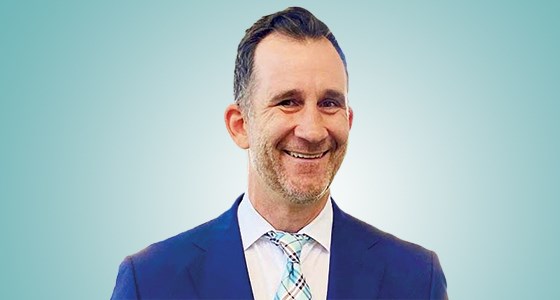Herschend Family Entertainment started in 1960 in Branson, Missouri by Jacob Herschend's grandparents. They leased a cave and made it available for tours. As it increased in popularity, they built around it, starting Silver Dollar City. From there, he says, it exploded.
"We now have over 22-plus properties across the country, 11,000 employees across the country as well," Herschend, a principal at Brightstar Capital Partners, said during the St. Louis Smart Business Dealmakers Conference. "As far as the shareholder size goes, we have about 30 family households that were all owners in the company. I'm the end of the third generation. We have all the way down now to the fifth generation."
While the business is 100 percent family-owned, it's also 100 percent non-family run. The family, as stockholders, set the tone and direction for the company. The board, which comprises a majority of outside members — the nine-member board has five from outside the family — determines distributions, the vision and chooses the CEO, who is also outside the family.
"What that really means is that for each one of the shareholders, they go out and find their own passion and they figure out what they want to do because we feel like the most valuable asset that we bring to the family business is of value creation of individuality," he says. "And that allows for the shareholders to not feel like they are reliant on the business. The business can go out and do what it needs to do, which is grow, take care of our employees, take care of our community and have an impact in social, and also make revenue, which is what the business model is."
For Herschend, every generation in the family needs to decide if they want to be an owner. About 10 years ago, the cousin's generation had disagreements on governance and where the family was going with the company, which put the company's board of directors in a bad spot.
During that disagreement, the family brought in outside consultants and everyone discussed their positions. Those family members who wanted to sell, a structure was in place to sell shares that family members could then buy. They also have a way for the company to buy shares if needed. It will happen that family members will want to sell and leave the business, so the right mechanics and governance structure need to be in place, which will be shaped with the help of outside advisers.
It is one reason why he says it's important to start the process early for the newest generation to understand who they are, and the process of governance.
"The one thing that I've seen, and we see when looking at an opportunity for an acquisition, is that a lot of the family-owned founder-led businesses have a really good business governance but they have no family governance, and they need to make sure that they understand who they are as a family post-sale," he says. "And if their name is on the business, it's even harder for that transition to happen. You want to make sure that the family can walk away from the business and that there's value there. And the biggest thing is that the family then also needs to make a decision if they want to be a family that's in business together. So, the brick-and-mortar is gone but the family wants to be in business together. That's a very big distinction, and we should have started that way earlier."
In family-owned businesses, he says the model where the family chooses one child to run the company is becoming more obsolete.
"The one child taking over the family business because they were born in the right spot or they were chosen by mom or dad to run the businesses is not happening," Herschend says. "They're bringing in outside advisers into the business to help grow it. And that then also makes the turn internally within the family-owned business that the shareholders say, 'Maybe I don't need to be a part of this business and I could sell my shares and I want to look at doing an exit because now I'm looking at this company as owning Amazon and not the family business.' And that's the biggest thing that we're seeing."




